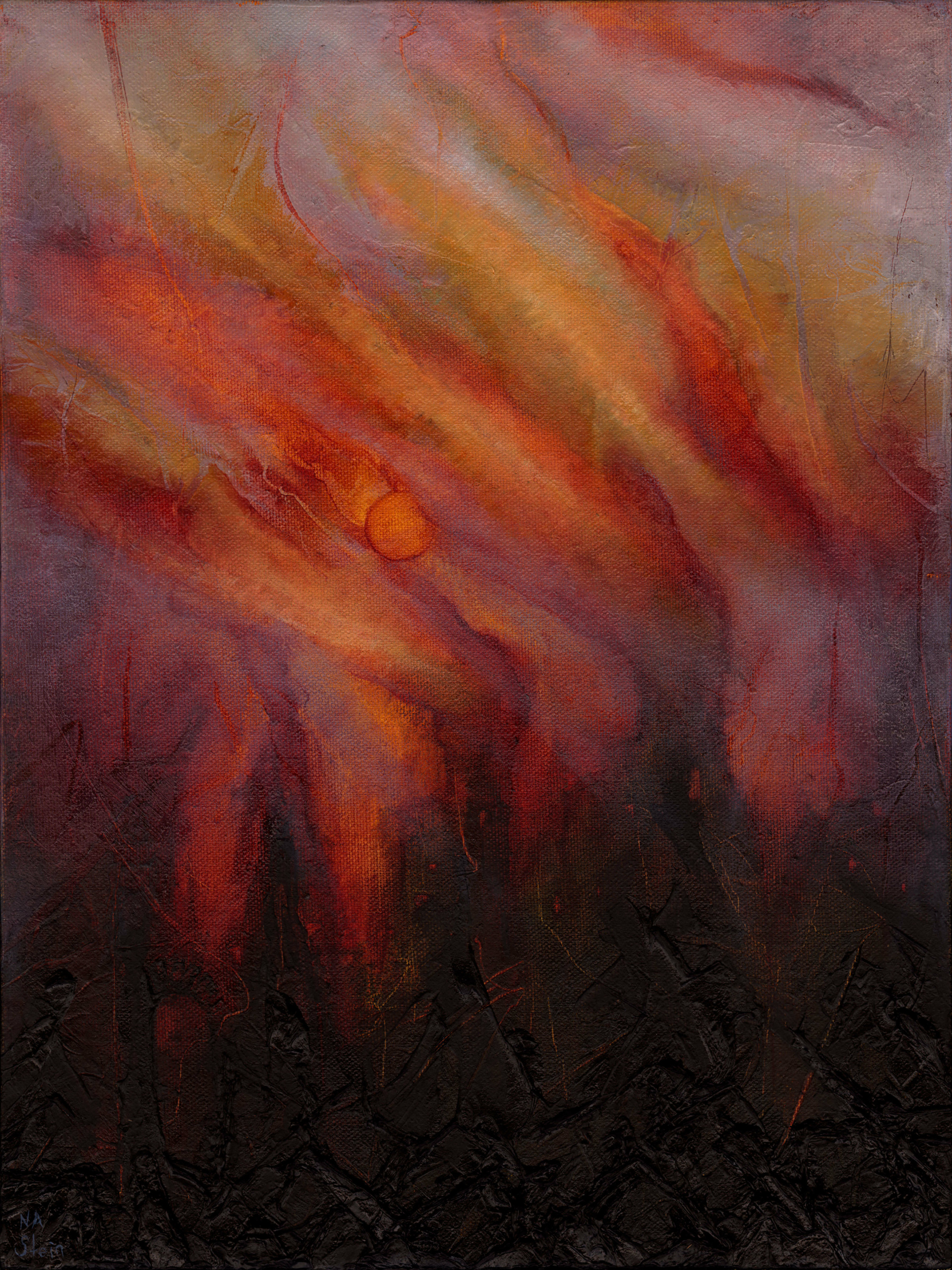Unknown date
In Akko I find the places of my dreams, winding corridors, and open expanses, naked stones and presences that I partially recall, half-remembered, half imagined. We sleep that first night beneath the stars, high above the city on decayed walls, awkwardly huddled. She sleeps in an new sleeping bag, layered above an inflatable, sleeping pad, and her childhood pillow. I lay beside her on the ground, among the weeds and stones, covered, mostly symbolically, in her large, purple travel towel. It carries the fresh smells of the first flowers of spring.
She is young, pretty, stubborn, German, and deeply open. Come across the sky to this desolate place for some private reason, unknown perhaps even to her, this is her first great adventure. We meet as I am tieing a bandage around my ruined and blistered feet, stained in iodine. Despite a spattering of eastern Europeans, and the odd American, the hostel has been conquered by Germans. Here neither English nor Hebrew is the common language, but the dark guttural tones of central Europe abound. And in her inexhaustible pursuit of electronic dance and synthetic drugs, she is not alone.
The rhythms of Tel Aviv are seductive, and the truths, history, and lifeblood of this dry land are quickly drowned out by the cascading rhythms and delirium of the hot night. Is the connection so easily accounted for by the economics of international air travel, or is there something darker in this link? If the restless ghosts of Polish forests and abandoned cattle cars still so profoundly haunt this modern country, what then of the grandchildren of the perpetrators? What stains of the collective soul draw them here, into the Judean wastes of history?
Inside her exhausted heart; too open, too abused by cocaine and MDMA, too innocent and well-intentioned for these cold expanses of conflict and suffering, my companion nurtures deep reserves of Christian faith. Though she revels in the hedonistic extremes of Tel Aviv, the ancient names of Galilee and Nazareth draw out something perhaps not altogether disconnected. Her ecstatic descriptions of the drug and exhaustion fueled unity of dance are almost religious in their undertones. And most significantly, she carries with her sacred treasures; the written prayers and notes of loved ones. The scraps, are not destined for any monastic house or church however, she will deliver them instead into the yawning cracks of the Western Wall.
-Alex


















